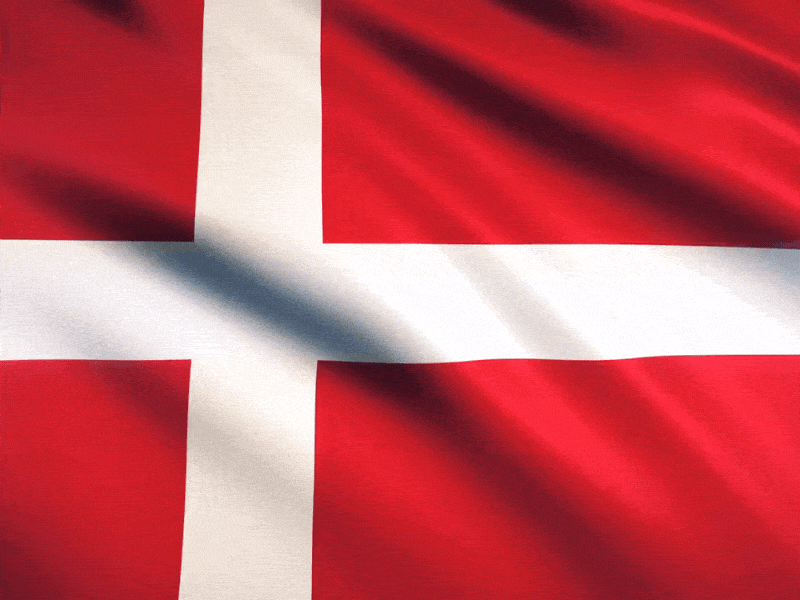
Study in Denmark
Denmark, located in Northern Europe, boasts a robust government that offers one of the finest welfare systems globally and has been recognized once more as the happiest nation in the world. This creates a multitude of opportunities for all. Regardless of the field of study you select in Denmark, you can anticipate exceptional quality and academic standards that are acknowledged internationally. – Over 500 programs and 1,300 courses available in English – A progressive educational framework of high international caliber – Strong collaborative and innovative capabilities – A well-structured, welcoming, and secure environment – A solid foundation for your future career What is the climate like in Denmark? The climate in Denmark is quite pleasant, with summers that are not excessively hot and winters that are not overly cold. In February, the coldest month, temperatures can drop to freezing at 0°C (32°F), while in July, the warmest month, temperatures can reach a mild 17°C (35°F). Can I work while studying? With a Danish student visa, you are permitted to work up to 15 hours per week during the academic term; however, from June to August, you may work full-time. Is it possible to extend my visa after completing my studies? You can extend your student visa for up to six months after finishing your course for the purpose of further study or job searching.
Denmark has emerged as a prominent educational hub in Europe, attracting numerous international students due to its exceptional academic standards and contemporary teaching methodologies. The country’s modern social welfare system, characterized by a conducive research-based learning environment, interdisciplinary studies, and project-oriented activities, combined with a clean, safe atmosphere and a vibrant business climate, has significantly enhanced its appeal as a destination for international scholars.
Danish higher education is rooted in a rich academic tradition that harmonizes outstanding teaching practices and learning environments with a vibrant and innovative research culture. In many Danish institutions, students not only attend lectures but are also organized into discussion groups focused on their respective subjects, where they are encouraged to actively engage and contribute to global betterment. In addition to their academic pursuits, students are trained to work autonomously, fostering critical thinking skills and the ability to approach issues with analytical solutions.
